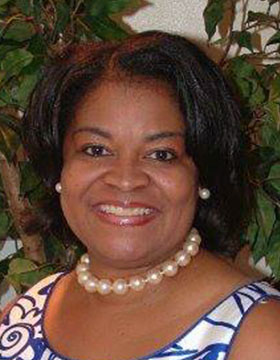A common question asked during career advising appointments is, “What can I do with this major?.” Prospective students are often more interested in their probability of success, job prospects, and potential salary, while current students want to know about career paths and job titles. It’s often assumed that a successful career is tied directly to a specific degree rather than a combination of a degree and work experience (such as internships or participation in student or professional organizations). So, this question is really an opportunity to explore a major and the concentrations within that degree program. Continue below for strategies to help you decide which major is right for you.
Determine the Focus Areas
All degree programs have areas of concentration. For example, within accounting there is public accounting, corporate/managerial accounting, government, non-profit and education. Then, within each of those areas there are specific paths like auditing, financial reporting, budgeting, teaching, etc. Knowing which areas you want to focus on will help you to narrow down job titles. You can then begin to research and identify median pay, job growth, and impact on you. There are several career tools to help you with this. Steppingblocks has resources that can provide additional information on salary, projected growth and more. Explore career paths, take a personality assessment, get insight from industry professionals, and see what other UMGC students/alumni have done with their degree. Other tools such as the Occupational Outlook Handbook and mynextmove.org, located outside of CareerQuest platform are resources that can provide additional information on salary, projected growth and more.
Identify a Career Goal or Path
Using your degree program or current career as a guide, determine what kind of job you want. Robert Carpenter, President and CEO of Baltimore – Washington Financial Advisors suggests, "Find your superpower. What is it that you are really good at and love to do?” Decide on a long-term career goal, about 3-5 years, and determine the steps you will need to take to achieve this goal. Consider compensation, flexibility, responsibility, type of work, your experience, interests and skills. During this step you will be researching job market trends, which will help you to understand which job roles are suitable for you. Learn more about the industry sectors you should target to get an idea of the industries that are growing and shrinking.
Identify Your Skills
If you are transitioning into a new career, you probably have transferable skills. These are skills that are applicable to your new career path. Get clear on the requirements and job skills needed for you to be successful. Look at several job descriptions to find the skills employers require and desire. Gather a list of the kind of skills you will need and how you will get them.
Meet Professionals
Do not overlook this important step. Joining professional associations and clubs, conducting information interviews and cultivating your network will provide current and reliable information about your career path. This step will ensure longevity in your chosen field.
Deciding which degree program is right for you may seem like a challenge, but by taking the time to do your research and some personal reflection, you’ll be a few steps closer to discovering the right major for you and your career.
As always, keep in mind that UMGC Career Services is available to help you plan and achieve career success. Set up an appointment with a UMGC Career Advising Specialist for additional support in your career journey.
Rhoda Smackum is a manager in Career Services at University of Maryland Global Campus. She has approximately 28,000 hours of work experience in the field of career development. Ms. Smackum enjoys working collaboratively, in partnership with students and alumni to identify career issues, match values with career choices and obtain meaningful work. She holds a Master of Arts degree from Bowie State University and a Bachelor of General Studies degree from the University of Maryland College Park. She is a Certified Master of Career Services (CMCS) and an Associate Certified Career Coach.


Share This